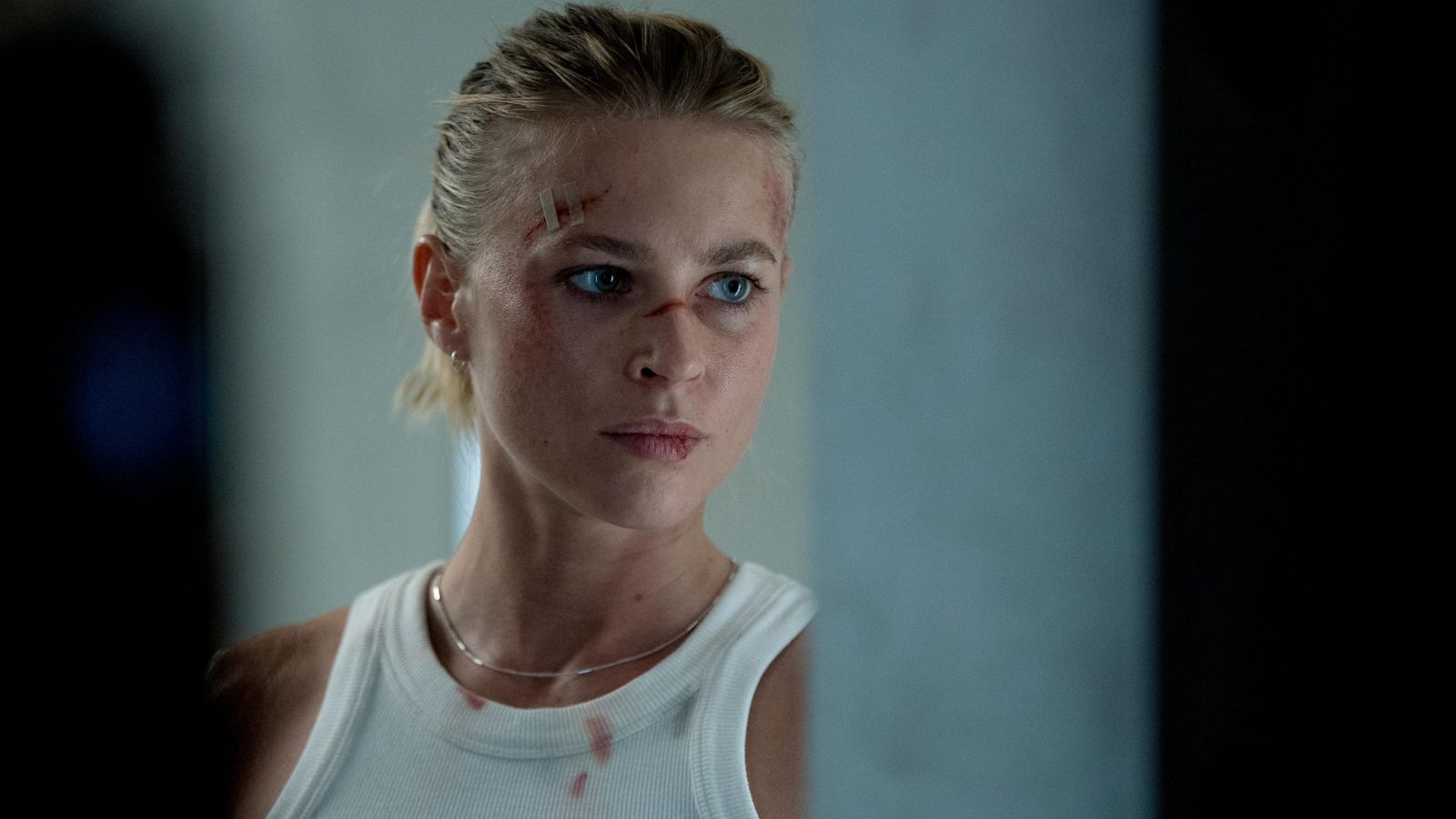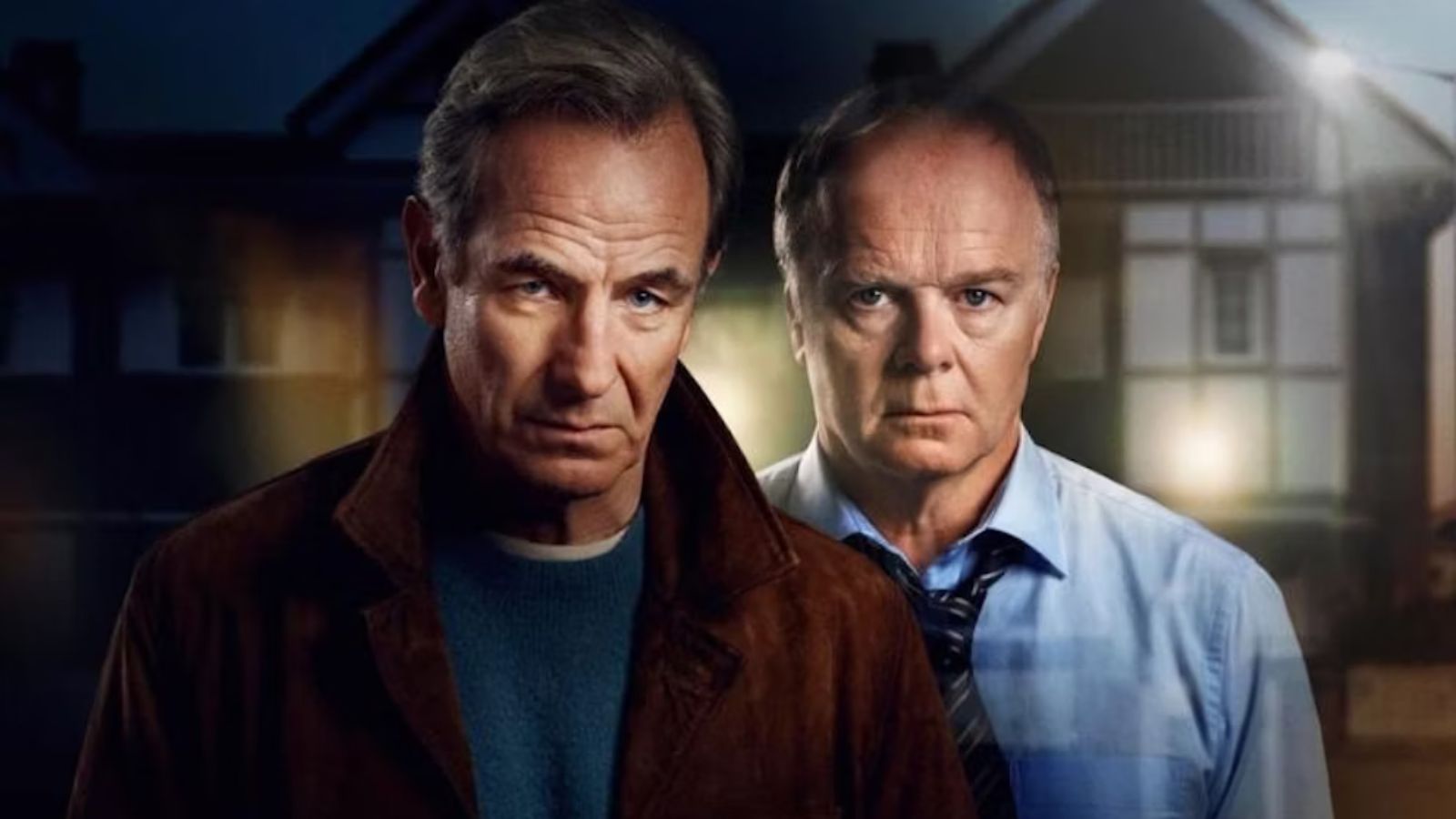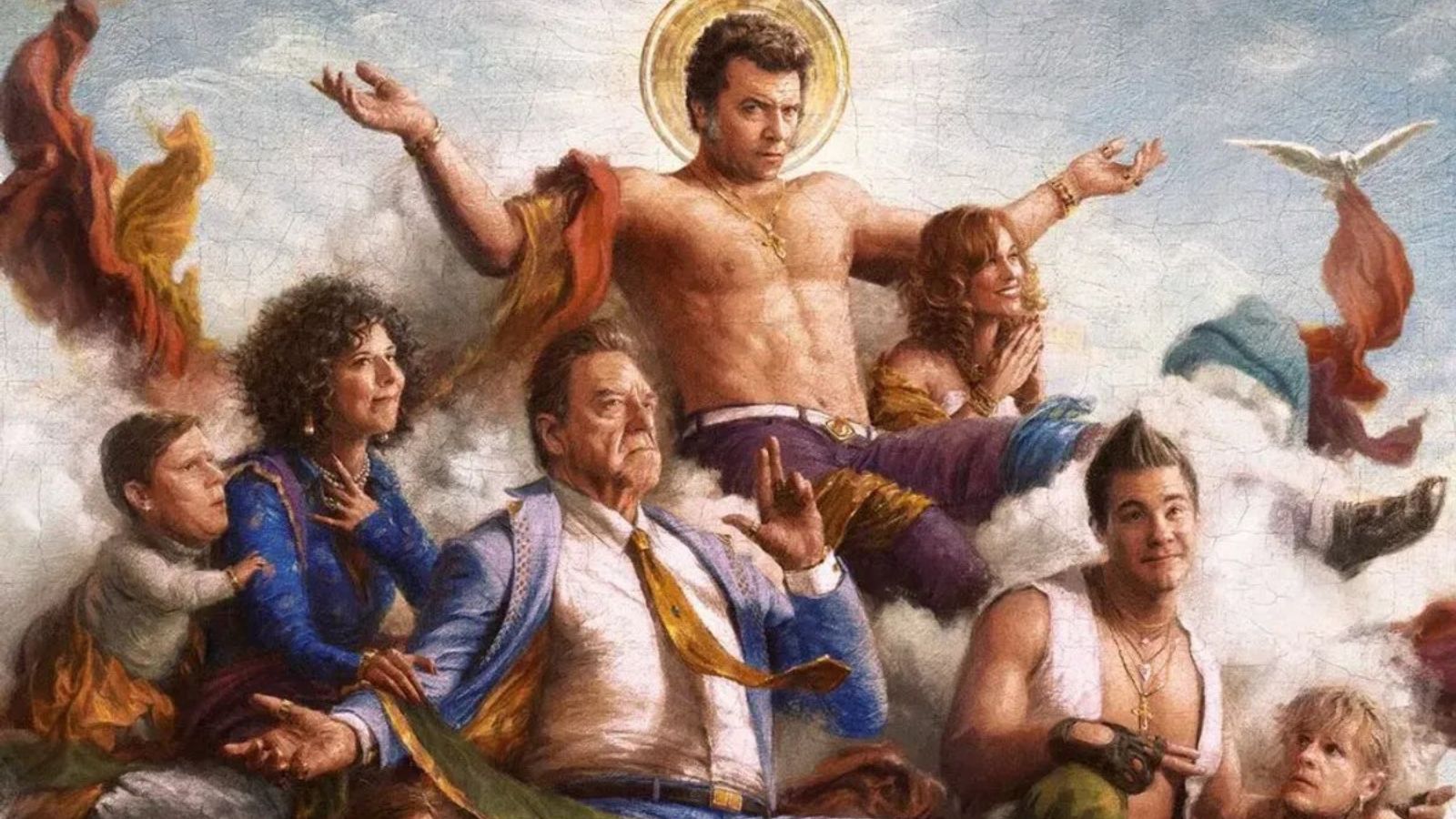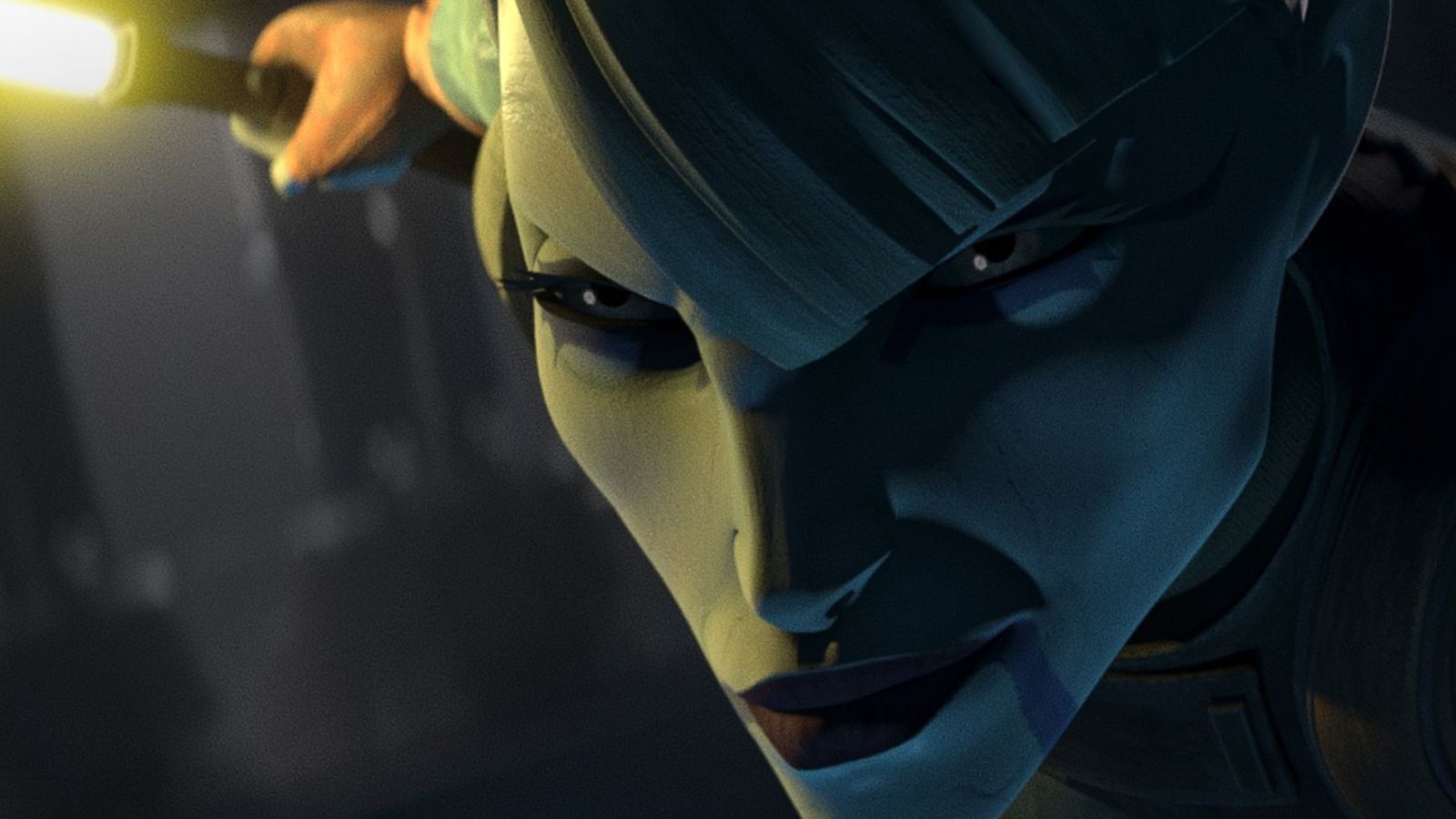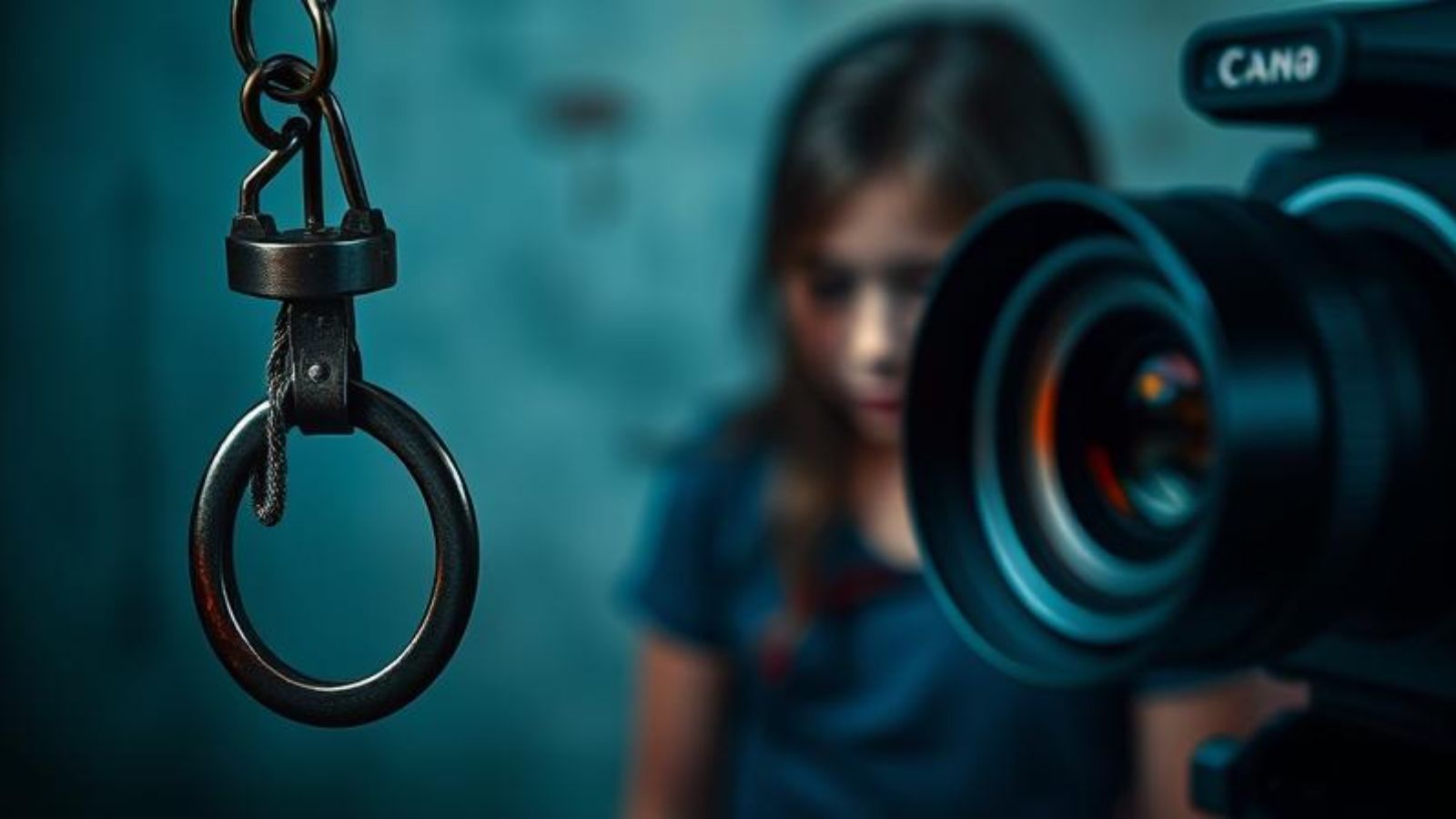
“Hurricane Electric” Sues Film Companies Who Accused Them of Piracy
- An internet backbone services provider responds to piracy allegations with two lawsuits.
- “Hurricane Electric” feel that they are pressed to do things that are way out of proportion.
- The ISP is now accusing the filmmakers of engaging in copyright trolling and makes its case with a YTS example.
“Hurricane Electric” (HE) is a global internet service provider (ISP) based in California and one of the largest of its kind in the world. It is connected to more than 231 major exchange points, offers IPv4 and IPv6 access, and handles the traffic exchanged between 9,010 networks. HE is an ISP that provides services to other ISPs, so we’re talking about a company that deals with the backbone of the internet. When they received a notice from the filmmakers of “Rambo: Last Blood,” “London Has Fallen,” “Dallas Buyers Club,” and “The Hitman’s Bodyguard,” the networking giant was surprised to read that they are accused of knowingly facilitating piracy.
The filmmakers asked HE to reconsider its position, terminate the accounts of any clients that engage in pirating operations, and to pay a portion of the damages. The movie studios shared 188 IP addresses with HE to serve as concrete examples. They highlighted that 50 of the IPs had been shared with HE before and re-engaged in illegal file-sharing in the meantime. The letter to HE was part of an extrajudicial move, requesting damage compensation of $500,000 from the service provider.
Hurricane Electric isn’t willing to endure this pressure anymore, so they have filed two lawsuits against the movie companies in different courts. The internet provider believes that they are victims of abusive practices, and are pushed to do things that are unacceptable and practically impossible. As they point out, they are dealing with requests to shut down entire ISP networks, the internet connectivity of a city, a rural area, or a school just to enforce the rights of filmmakers and stop individual pirating actions from happening in these networks. HE sees this as a case of misuse and unlawful over-extension of copyrights that is solely aiming to collect cash.
HE presents the YTS settlement as a recent example of the real goal of this particular group of filmmakers, as the pirating platform is still up and running, offering other films. However, as Kerry Culpepper explained in a recent interview, shutting down the platform is more complicated than removing specific titles. It’s up to other affected film studios to take action against YTS, as this is a matter of authority and not willingness. All that said, Hurricane Electric feels that they’re dealing with copyright trolls, and the filmmakers believe that they have to do something to protect their investment and intellectual property. It’s up to the California and Nevada courts to decide who has the strongest case now.


